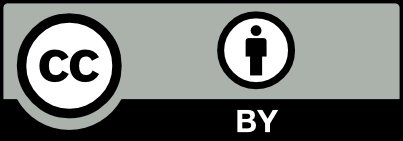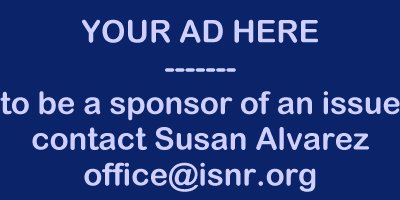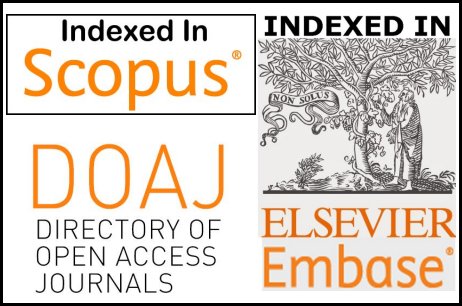Quality of Work Life Factors for Mental Health Therapists Providing Neurofeedback
DOI:
https://doi.org/10.15540/nr.1.2.151Keywords:
mental health, therapists, neurofeedback, EEG biofeedback, quality of work lifeAbstract
The current study investigates factors connected to Quality of Work Life (QWL) for mental health therapists providing neurofeedback (NFB) based on previous NFB conceptual framework and QWL findings (Larson, In Press; Larson, Cothran, Drandorff, Morgan, & Ryan, 2012; Larson, Ryan, & Baerentzen, 2010). One hundred and ninety-eight NFB therapists completed online surveys gathering demographics and ratings of practice behaviors and characteristics. SPSS version 20 was utilized for descriptive statistics, frequencies, means, standard deviations, ranges, Pearson Product-Moment Correlation analyses, independent samples t-tests, and a regular simultaneous regression analysis. Results of this study found that QWL separately correlated with calmness, observant, realistic, and optimistic scores, and therapists with high levels of technique and commitment reported significantly higher QWL scores compared to therapists with moderate levels of technique and commitment. The current findings indicated that 40% of the variance in the QWL can be determined by variance in a significant multiple correlation of confidence, monthly NFB sessions, years of NFB experience, and burnout.Downloads
Published
2014-11-21
Issue
Section
Research Papers
License
Authors who publish with this journal agree to the following terms:- Authors retain copyright and grant the journal right of first publication with the work simultaneously licensed under a Creative Commons Attribution License (CC-BY) that allows others to share the work with an acknowledgement of the work's authorship and initial publication in this journal.
- Authors are able to enter into separate, additional contractual arrangements for the non-exclusive distribution of the journal's published version of the work (e.g., post it to an institutional repository or publish it in a book), with an acknowledgement of its initial publication in this journal.
- Authors are permitted and encouraged to post their work online (e.g., in institutional repositories or on their website) prior to and during the submission process, as it can lead to productive exchanges, as well as earlier and greater citation of published work (See The Effect of Open Access).











